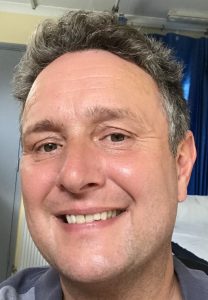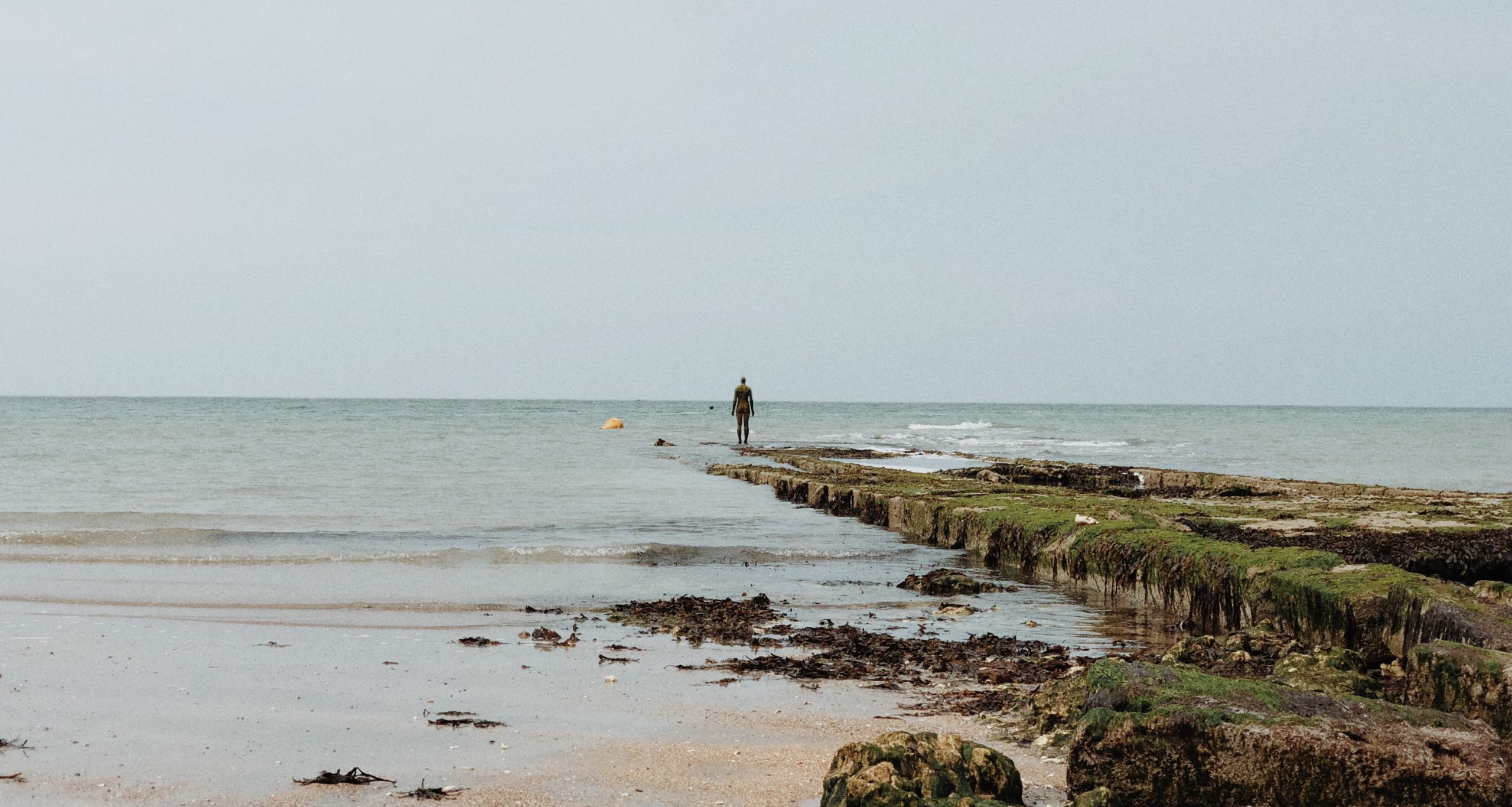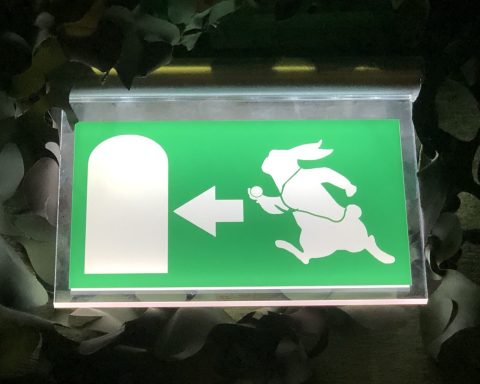
I was stuck by our brilliant RCGP Chair, Kamila Hawthorne’s comments in her speech at the 2023 RCGP conference in Glasgow, that the next generation of GPs are facing a “wasteland” unless the NHS retains its existing GP workforce.1,2
This is very true: retaining experienced later-career GPs, and making General Practice an appealing and valued environment to work in is essential for the future wellbeing of our profession.
Our RCGP Chair’s comments about a “wasteland” reminded me that 2022 was the one hundredth anniversary of TS Eliot’s “The Waste Land”, which was written in the aftermath of the first world war and when Eliot himself was going through a nervous breakdown and time of deep personal crisis. Much has been written about “The Waste Land” and it is a very “difficult” poem; famously the footnotes and references to the poem are about as long as the poem itself! The poem has many different “voices”, and is set in varied times and places: one of these places is in Margate in Kent, where Eliot went when he had his breakdown and where he wrote some of the poem.3,4
…Margate was not only a fashionable seaside resort, but it was thought that the sea and coast had restorative properties for health, both physical and mental.
At the time Margate was not only a fashionable seaside resort, but it was thought that the sea and coast had restorative properties for health, both physical and mental. In Margate now there is still the building of the Royal Sea Bathing Hospital which was founded in 1791 by Dr John Coakley Lettsom, a Quaker physician, initially for the treatment of tuberculous ‘scrofula’.5
Of Margate, Eliot, in The Waste Land writes:
“On Margate Sands
I can connect
Nothing with nothing” TS Eliot, The Waste Land, 1922
I have been going down to Margate all my life (being half East-Kentish) and one of my earliest memories, about the age of four is digging, with my cousin a very deep hole on Margate Sands, which then filled up with water. We did this, whilst waiting for my dad whilst he was visiting my grandfather in Margate Hospital (now Queen Elizabeth The Queen Mother Hospital). Those were the days in the late 1970s when four-year-olds were left on the beach on their own to look after themselves!
Last year I went there for a day trip, and found the Nayland Rock shelter on Margate sands, where Eliot sat, looking out to sea whilst he worked on writing the poem. I was amused (and Eliot probably would also have been), that there is a blue plaque commemorating Eliot and the poem, on the concrete block of toilets next to the Nayland shelter. In big black letters on the block, near to the plaque is written “toilets” which of course is (sort of) TS Eliot spelled backwards!
In many coastal towns, GP surgeries have not been able to attract many new GPs, the surgeries are highly locum dependent and the healthcare need is very great with high prevalence of illness and worse health inequalities present.
The time when this poem was written, in 1921 reflects on a fractured world, during and in the aftermath of war: there are some similarities to what the world is unfortunately going through now.
Going back to General Practice, Margate is typical of the sort of town and place where General Practice needs to be re-invigorated and re-vitalised. Chris Whitty himself has commented on “coastal town” poverty and poor health outcomes, and there have been several articles and analysis on the state on General Practice in coastal towns.6,7
In many coastal towns, GP surgeries have not been able to attract many new GPs, the surgeries are highly locum dependent and the healthcare need is very great with high prevalence of illness and worse health inequalities present. Excellent Primary Care and General Practice is fundamental to this.8-10
Let us not enter a “wasteland” of General Practice as we go forward and I recommend reading Eliot’s masterpiece yourself if you have not done so: it is difficult, but there is deep meaning and wisdom there, especially in troubled times, like the world is going through currently, and for the troubles that we all go through personally.11
References (all accessed 16/11/23)
- https://www.rcgp.org.uk/news/2023-annual-conference-chair-speech
- Next generation facing ‘wasteland’ unless NHS retains current GPs, warns RCGP | GPonline
- The Waste Land by T. S. Eliot | Poetry Foundation
- TS Eliot wrote The Waste Land in this Margate shelter | TS Eliot | The Guardian
- Margate’s Sea Bathing Hospital | Historic Hospitals (historic-hospitals.com)
- Chief Medical Officer’s annual report 2021: health in coastal communities – GOV.UK (www.gov.uk)
- Seaside towns: why living on the coast is linked to poor health – by a professor who grew up there (theconversation.com)
- Why GP practices close for good – Pulse Today
- Attracting consultants and GPs to rural and coastal communities | The BMJ
- Folkestone: The ‘timebomb’ town where there’s one GP for every 2,500 patients – Pulse Today
- TS Eliot’s The Waste Land remains one of the finest reflections on mental illness ever written | TS Eliot | The Guardian
Featured Photo by Alex Aperios on Unsplash








